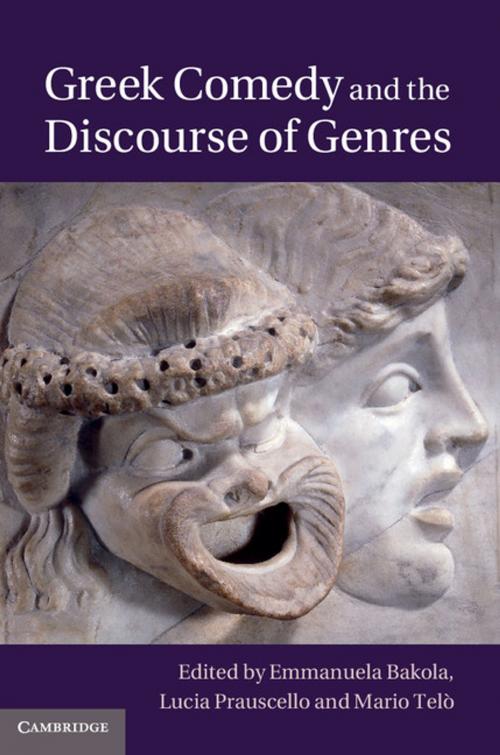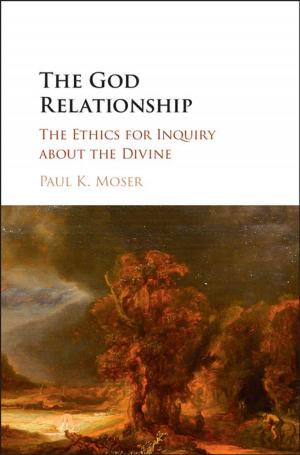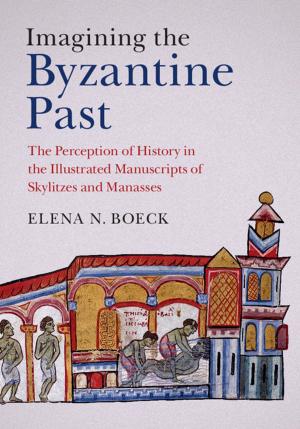Greek Comedy and the Discourse of Genres
Nonfiction, History, Ancient History, Fiction & Literature, Literary Theory & Criticism| Author: | ISBN: | 9781107358003 | |
| Publisher: | Cambridge University Press | Publication: | April 18, 2013 |
| Imprint: | Cambridge University Press | Language: | English |
| Author: | |
| ISBN: | 9781107358003 |
| Publisher: | Cambridge University Press |
| Publication: | April 18, 2013 |
| Imprint: | Cambridge University Press |
| Language: | English |
Recent scholarship has acknowledged that the intertextual discourse of ancient comedy with previous and contemporary literary traditions is not limited to tragedy. This book is a timely response to the more sophisticated and theory-grounded way of viewing comedy's interactions with its cultural and intellectual context. It shows that in the process of its self-definition, comedy emerges as voracious and multifarious with a wide spectrum of literary, sub-literary and paraliterary traditions, the engagement with which emerges as central to its projected literary identity and, subsequently, to the reception of the genre itself. Comedy's self-definition through generic discourse far transcends the (narrowly conceived) 'high-low' division of genres. This book explores ancient comedy's interactions with Homeric and Hesiodic epic, iambos, lyric, tragedy, the fable tradition, the ritual performances of the Greek polis, and its reception in Platonic writings and Alexandrian scholarship, within a unified interpretative framework.
Recent scholarship has acknowledged that the intertextual discourse of ancient comedy with previous and contemporary literary traditions is not limited to tragedy. This book is a timely response to the more sophisticated and theory-grounded way of viewing comedy's interactions with its cultural and intellectual context. It shows that in the process of its self-definition, comedy emerges as voracious and multifarious with a wide spectrum of literary, sub-literary and paraliterary traditions, the engagement with which emerges as central to its projected literary identity and, subsequently, to the reception of the genre itself. Comedy's self-definition through generic discourse far transcends the (narrowly conceived) 'high-low' division of genres. This book explores ancient comedy's interactions with Homeric and Hesiodic epic, iambos, lyric, tragedy, the fable tradition, the ritual performances of the Greek polis, and its reception in Platonic writings and Alexandrian scholarship, within a unified interpretative framework.















